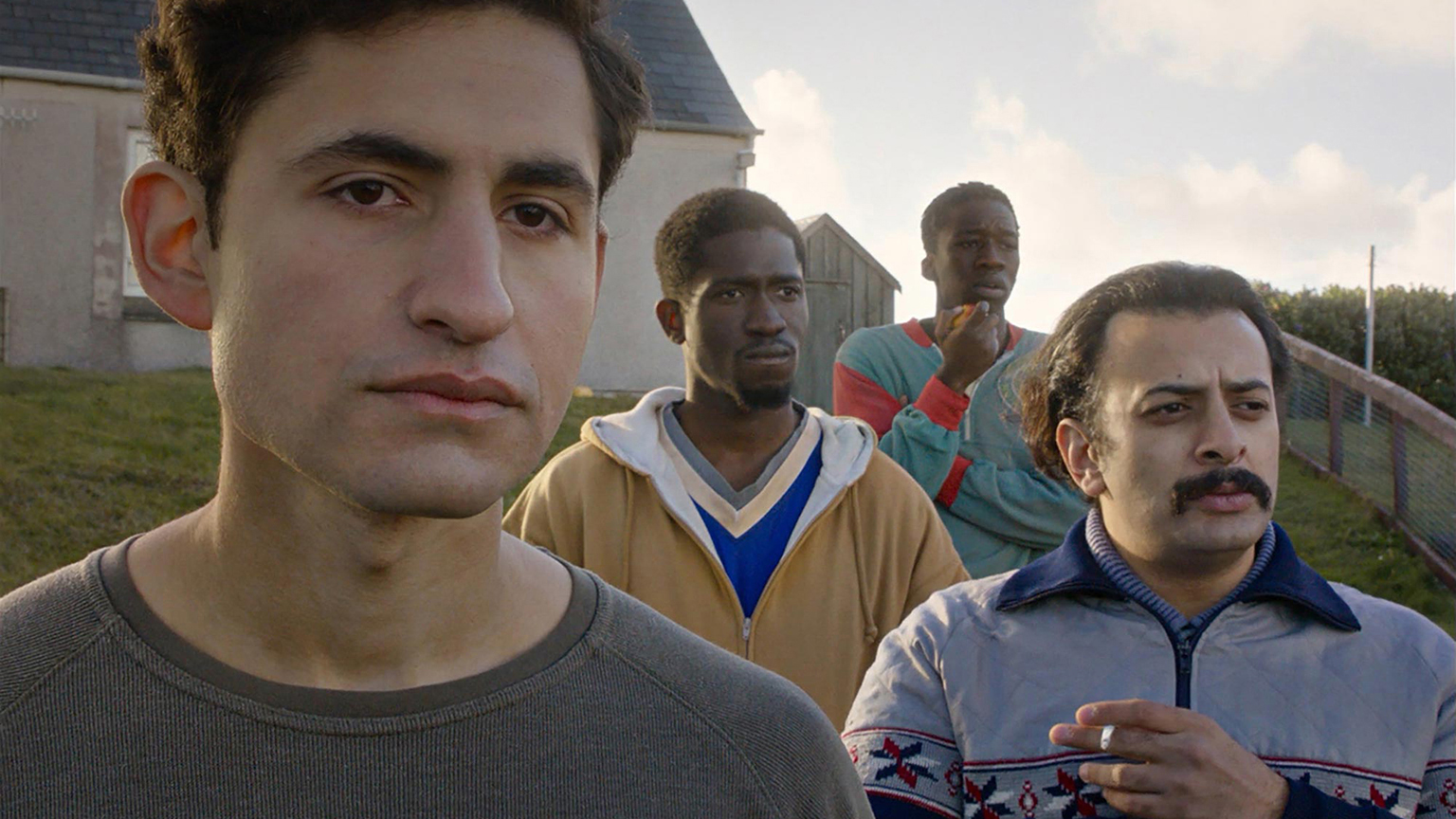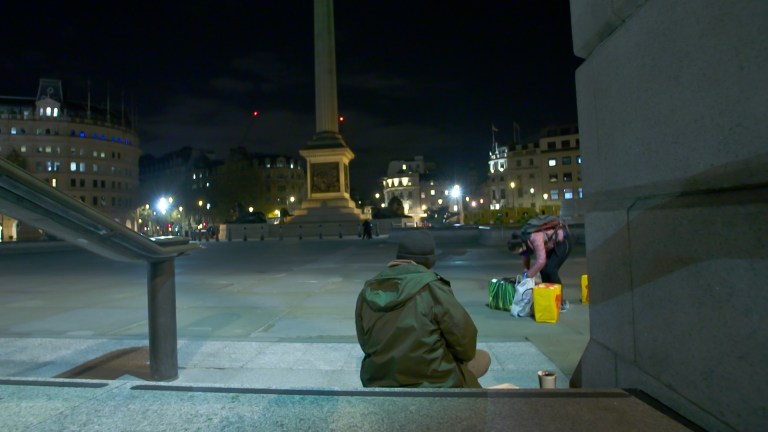When actor Amir El-Masry, who plays Omar in the film and is known for his roles in TV series The Night Manager and Industry, sat down with a Syrian men’s group up in Scotland in the months before shooting, he was privy to intimate details of their lives but was struck by their humour. “They were laughing at really sad events and situations that happened to them,” he says. “That’s something that is common to the Arab culture in general.”
El-Masry brought as much personality and integrity into his performance as possible. “Seeing him cry, seeing him joke, all the basic human traits we all have.
We don’t just have sympathy for Omar, we see how talented he is too.
“Films like this, where you have the central character being the person who’s had these experiences tell the story, helps the cause because you see it from their point of view and understand how much of a sacrifice they made.”
It was refreshing for the actor, who was getting frustrated with auditions for displaced characters relying on a Western or white saviour. El-Masry recalls one particular movie he was approached for that has since been made.
“What annoyed me was they had a very famous actress who was helping [the refugee] out, making sure that she’ll get his papers done and all this stuff,” he says. “I get that’s an integral part, but where do we humanise the actual person? How do we make sure that we understand his life? If you really want to help, you need to bring us closer together.”
Sharrock populates Omar’s offbeat, purgatorial world with a bevy of fellow displaced men, including a moustachioed Afghan called Farhad (Vikash Bhai), while restricting Scottish locals to the periphery. He also put great effort into realising the off-kilter, exterior existence Omar is stuck in, from a shrinking, dilapidated bedroom to vast empty vistas and dated costumes, to emphasise his turmoil and isolation. “I wanted it to be really truthful to these characters and in that sense, particularly from Omar’s perspective, making it very introspective,” says the filmmaker.
The film’s more serious moments portray the “emotional and personal struggle” Omar is going through after making the decision to leave his family behind in Syria.
“The focus on his country was a very important thing,” says El-Masry. “The idea that he actually doesn’t want to be in the UK… he wants to be back home with his family playing music. There are so many references to how rich, diverse and heavily cultural Syria was and that was paramount to building a character that is three-dimensional but someone that we can all relate to.”
While El-Masry is not Syrian, he could understand Omar’s separation anxiety, not just because he experienced similar feelings during the most recent Egyptian Revolution when he was in London while his brothers were in Cairo.
“I have friends who have lost their family, or sacrificed by leaving their families, because of war and not just from Syria,” he says. “We could all be in that position.
“In the UK, we have scaremongering tactics from some parties that create a divide and encourage racism, so it’s important to show this film around as wide as possible. Representing people from difficult backgrounds as well as underrepresented backgrounds matters because that’s the only way you can have a discussion like we’re having now. Educate without alienating.”
Limbo is in cinemas now










